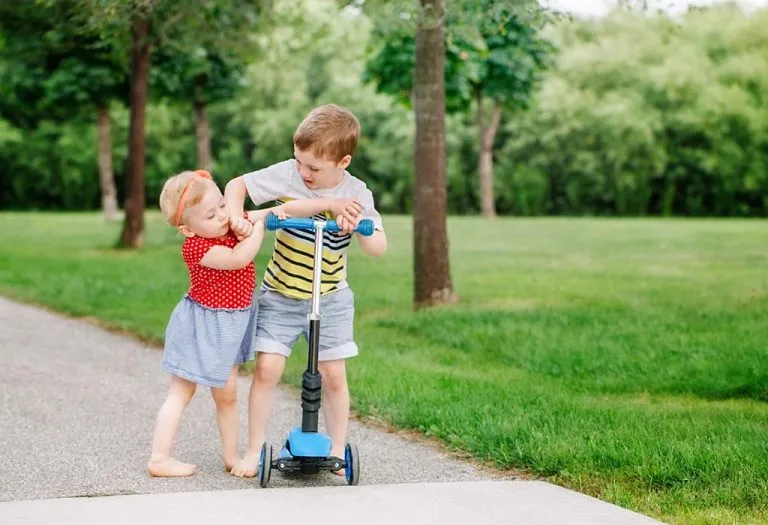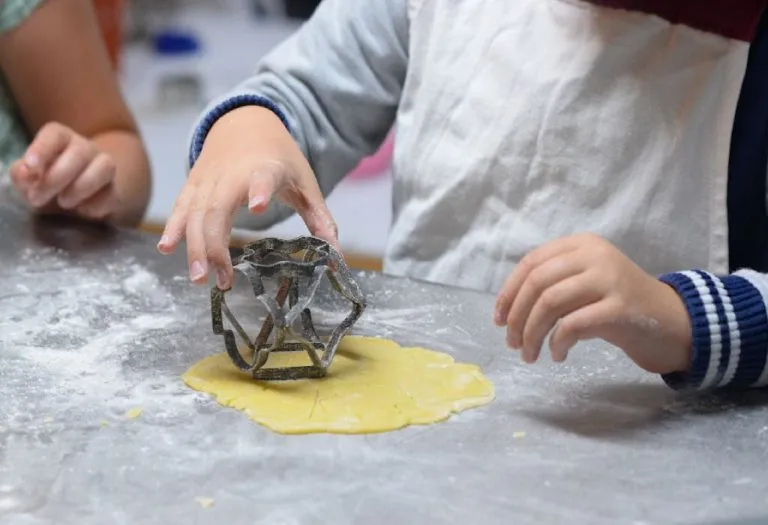Selfishness in Children – Tips to Raise an Altruistic Child

When kids grow up, they pay more attention to themselves. This is a completely normal phenomenon as kids become aware of who they are and go through new cultural and social dynamics. Usually, children are averse to the thought of being an odd one out in a crowd. So, they focus on their own behaviour and looks in order to fit in the crowd. Experts usually call this developmental phase the ‘imaginary audience’, when kids believe that everyone’s attention is on them. Don’t worry, as this kind of self-focus is normal, but it becomes wrong when it turns into extremely selfish behaviour.
What Causes Selfish Behaviour in a Child?
There are many causes that lead to the development of selfish behaviour in a child, and parents might be the ones directly or indirectly contributing to it. The signs of a selfish child can be easily detected and remedied.
Here are a few causes of selfishness in a child:
- Parents spoiling their child for their own negative reasons like avoidance, guilt, compensation or ‘love’ leads to selfish behaviour in the child.
- The feeling of neglect can make a child selfish.
- When a child is angry, depressed, or anxious, and nobody pays attention to him, he may become a recluse and start focusing on himself without caring about others.
- When your child is jealous of a sibling, he may become selfish.
- When a parent or some other family member acts selfish, the child may model his behaviour and imitate their behaviour.
- When parents don’t set limits for a child, he may become selfish and spoiled. Lack of discipline may also make a child selfish.
- A child may become self-obsessed if his parents don’t teach him the value of being selfless.
- When a kid has underdeveloped emotional intelligence and doesn’t know how to understand others’ emotions.
If your child grabs something from his friend, yells ‘Mine!’ or takes the last cookie from a plate immediately without asking anyone else, or refuses to share his toys, he might be selfish.
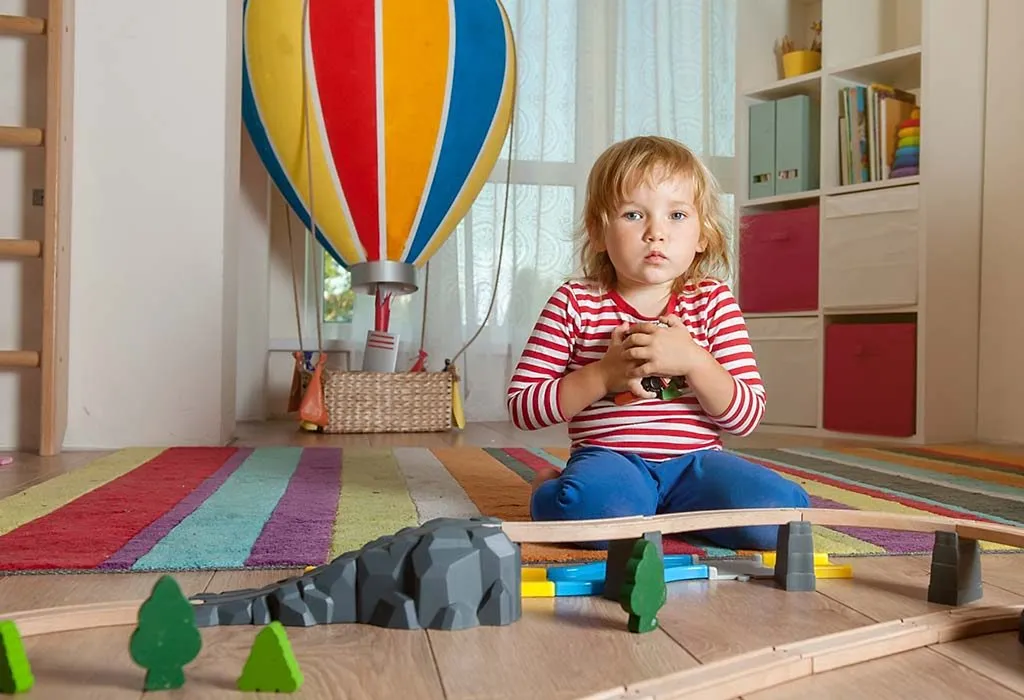
How to Raise a Selfless/Altruistic Child?
Are you wondering how to deal with a selfish child? The first step to changing a child’s selfish behaviour is realising that this behaviour is a big problem and not a temporary phase. To mend your child’s selfish behaviour, here is what you can do.
1. Get to the Roots
Start by getting to the crux of the problem, i.e. finding out the reason for your child’s selfishness. Is it something new? Is he fighting with his siblings? Are your rules too weak? Is there some problem at school? Before worrying about the consequences, first, make a list and see what has changed about your child recently, which might be contributing to his selfish behaviour.
2. Practice No Tolerance Policy
To correct your child’s behaviour, tell him that such behaviour will not be tolerated. You have to be consistent and firm, as this might be hard if the child is used to every whim being fulfilled. Set rules that selfishness can never be displayed at home or anywhere else. Show your disapproval if your kid acts selfishly. Make sure you tell him why selfishness is wrong and make him aware of its consequences.
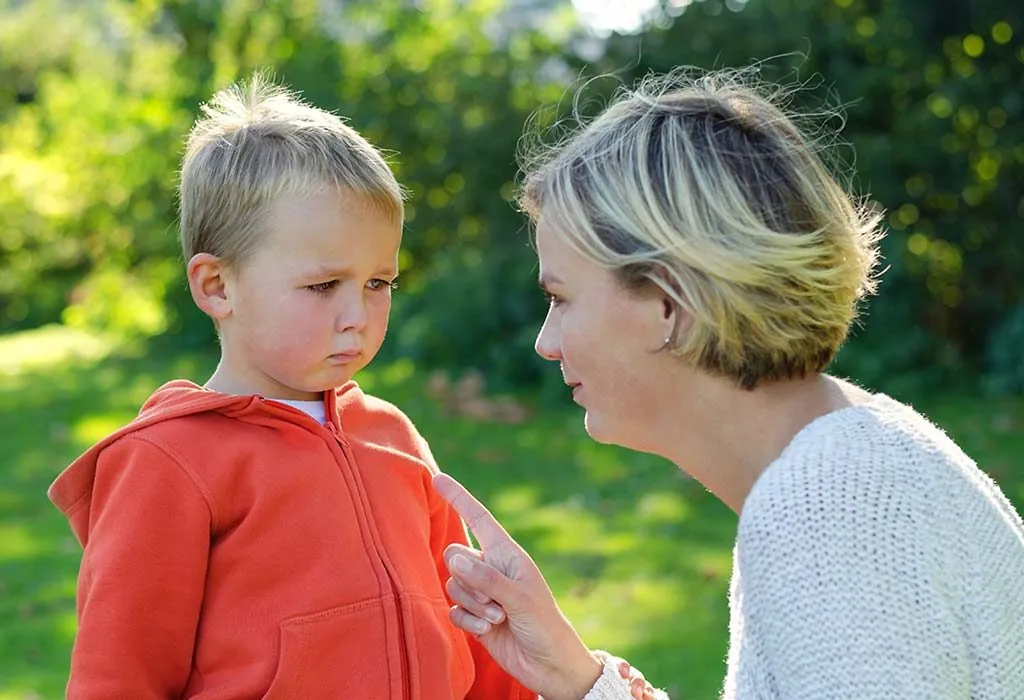
3. Teach Empathy
Children who can put themselves in another’s shoes and feel someone’s pain are more likely to be generous and unselfish. Therefore, teach your child empathy by pointing out other people’s emotions. Point out mannerisms and facial expressions of people around him to help him understand the difference between happy and sad. You can also role-play to help your child imagine how he would feel in a specific situation. Ask him, ‘How would he feel in a similar situation?’ This will help in building empathy in him.
4. Point Out Selflessness
The best way to cure selfishness is by pointing out the opposite. There will be times when your child would do selfless deeds as well; when you notice his unselfish or generous acts, praise him. Make sure to describe his action to him and point out why it was right and why it made the other person happy. If you do so, your child will be likely to repeat the deed more often.
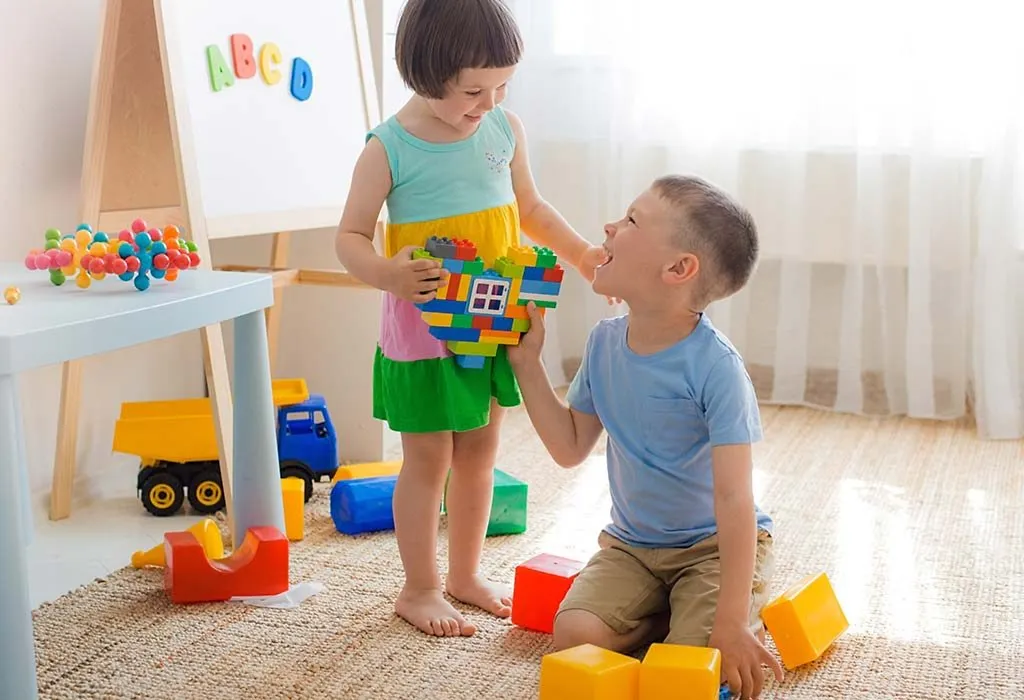
5. Set Limitations
Kids become selfish if they are used to getting what they want. This is why you need to set proper limits for your child and stick to them. Avoid giving in if he cries or throws tantrums. Stand firm and make sure that he understands that he will not get what he wants whenever he wants it, especially with such behaviour. Tell others in your family too, to follow your example and not indulge in any way.
6. Be a Role Model
Kids follow by example, and who can lead them better than you, his parent? Show your kid how to be unselfish by doing generous acts in front of him. Remember to draw his attention to the good deeds you do so that he can know how to behave in the same way in the future. Kids mimic their parents, so be a good role model for him, and he will become selfless just like you.
7. Reward Your Child
You can also reward your child whenever he performs any unselfish deed. Praise him for it and tell him why his act was so considerate. This will act as positive reinforcement and encourage him to repeat such deeds going ahead.
8. Carry Out Selfless Acts Together
As we mentioned, kids follow by example. So, why not give them a reason to do the same? You can include some activities together that are not selfish, like picking out trash from the park together, helping a senior citizen on the road together, or serving food to the guests at home together. Preaching them won’t do the job. Involving with them in the act of generosity will make them feel indulged and encouraged. This will you also be able to bond with them profoundly.
FAQs
1. Is it normal for children to be selfish?
Yes, it is totally normal for children in their budding years to exhibit selfish behaviour.
2. How can I differentiate between normal selfishness and problematic behaviour?
Casual or normal selfishness usually involves prioritising one’s own needs before others without intentionally harming others. However, with problematic behaviour, children exhibit extended disregard for the well-being or feelings of others, manipulation, and consistent prioritising of self before others’ needs or boundaries. Such children disregard empathy, which can leave their relationships strained with others. It is highly essential to understand the difference between normal selfishness and problematic behaviour so you can provide the necessary help to be less selfish children.
3. Should I be concerned if my child consistently exhibits selfish behaviour?
If your child exhibits consistent selfish behaviour, then it certainly warrants concern for their mental health as it could indicate underlying issues like a lack of social skills, empathy, and emotional development. Seeking guidance from a child counsellor or psychologist can be beneficial in addressing any underlying issues and providing appropriate support.
Kids’ behaviour can be modified when they are young. If your child’s behaviour is selfish, follow the tips shared above, and you’ll be sure of proactively raising an unselfish child who is generous and considerate.
Also Read:
Egocentrism in Kids
How to Handle Aggression in Children?
Tips on How to Teach a Child to Be Humble
Helpful Tips To Deal With A Manipulative Child
Was This Article Helpful?
Parenting is a huge responsibility, for you as a caregiver, but also for us as a parenting content platform. We understand that and take our responsibility of creating credible content seriously. FirstCry Parenting articles are written and published only after extensive research using factually sound references to deliver quality content that is accurate, validated by experts, and completely reliable. To understand how we go about creating content that is credible, read our editorial policy here.







